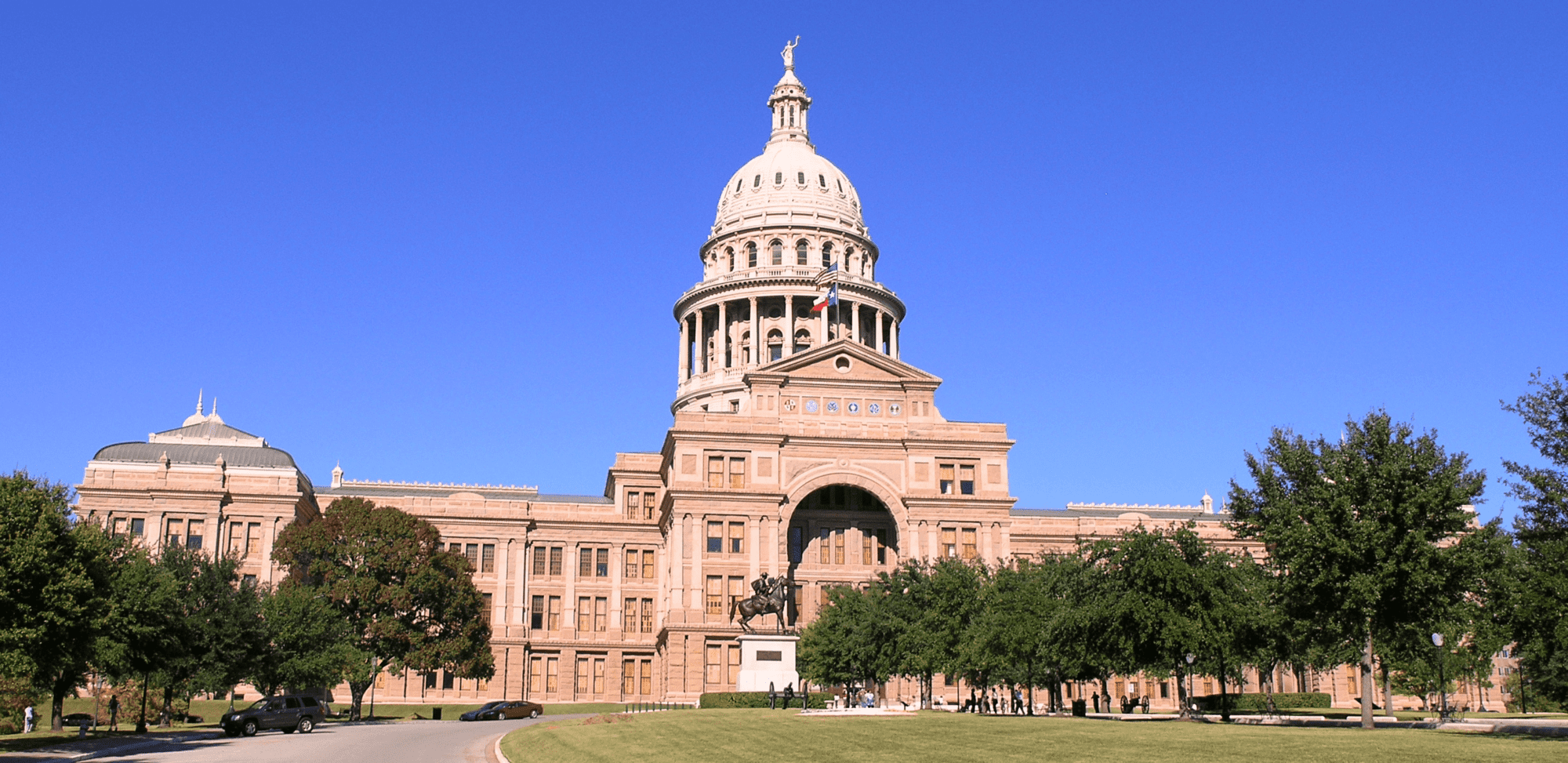KERRVILLE—City Council members have passed a controversial ordinance limiting solicitors, peddlers, and canvassers, just one month after residents voiced serious concerns over its impact on free speech.
Mike Hayes, the city’s attorney, drafted the first versions of Ordinance No. 2024-03 earlier this year. On top of the restrictions now in place, those versions also included a proposed citywide “Do Not Knock List.”
The draft versions ascribed slight differences amongst what constitutes a solicitor, peddler, or canvasser, with the most notable being that solicitors and peddlers usually require a license, while canvassers do not.
Canvassers were specifically defined as those pushing a political or religious message on prospective individuals, while solicitors and peddlers covered those attempting to sell items or services.
The council voted to remove the “Do Not Knock List” from the proposed ordinance in late February after City Councilmember Roman Garcia raised significant concerns about its legality and barriers to implementation.
However, other features of the ordinance, like limiting the three groups’ hours of operation from 8:00 a.m. until 8:00 p.m. and the allowance of displayable “No Soliciting” signs on private property, have stayed in.
Residents also later called attention to the restrictions of solicitors, peddlers, and canvassers on public property. The provisions, which have since passed, bar all three almost entirely—including on city sidewalks.
There are no exceptions to those pushing religious or political causes from the limited hours of operation or prohibition from going about their prerogative on public sidewalks.
Resident Nikki Caines referred to the ordinance as another “example of government overreach” during a comment period at the March 26 meeting.
“Citizens have expressed their concerns for the third time, counting tonight, starting with the fact that most canvassers are nonprofit groups and should not fall into a business category,” said Caines. “Those should have been specifically exempt from each and every restriction except for a common sense timeframe to canvas.”
Another resident commented,
I don’t sit there and read the Constitution daily—maybe once a year. But I do hear enough about freedom of speech and freedom of religion that this is touching on that. And it should be a concern because it could cause lawsuits.
One resident told Texas Scorecard that they were weary of the conspicuous timing of the ordinance. At the meeting, some residents also aired the same anxieties. A local paper, the Hill Country Community Journal, previously reported on it.
Their concerns arise because candidates endorsed by conservative grassroots organizations swept the ballot during the March 5 Republican primaries, sending a shockwave into the area’s political establishment.
Now, some believe the new anti-solicitation ordinance, without its exemptions for political speech, could potentially impede the grassroots ahead of the May 4 local elections.
Garcia, who opposed the ordinance, is facing fellow City Councilman Joe Herring Jr., who strongly backed it, in the mayoral race. Meanwhile, another council member is trying to stave off a primary challenger.
Texas Scorecard reached out to Herring and Garcia but did not receive a response prior to publishing.





